Emmanuel Macron’s recognition of Palestine, a troubling inconsistency in French diplomacy.
By Martin Mungwa
When French President Emmanuel Macron announced that France will recognize a Palestinian state at the upcoming United Nations General Assembly in September, many around the world applauded what appeared to be a principled stand for justice and self-determination. France is set to become the first major Western power to formally support Palestinian statehood at the UN level—a significant diplomatic move in a long and complicated conflict.
Yet, for millions of Southern Cameroonians—also known as Ambazonians—this announcement brings mixed feelings. While many sympathize with the Palestinian struggle, it also exposes what appears to be a troubling inconsistency in French foreign policy: vocal support for self-determination in the Middle East, coupled with tacit support for the continued marginalization of a former UN Trust Territory in Central Africa.
Southern Cameroons: A Legitimate Yet Ignored Case for Statehood
Southern Cameroons was a British-administered UN Trust Territory from 1916 until 1961. After gaining internal self-government in 1954, it was never part of French Cameroun. In 1961, following a UN-supervised plebiscite, it entered into a federal union with French Cameroun. However, the absence of a ratified treaty of union and the subsequent unilateral abolition of the federal structure by Yaoundé have since raised serious legal and political questions.
Today, many international legal scholars argue that Southern Cameroons’ annexation violated international norms. Over the past decades, the region has experienced waves of political exclusion, cultural suppression, economic marginalization, and, more recently, violent conflict—escalating into what international rights groups have warned may amount to crimes against humanity.
Despite these concerns, France has remained largely silent. As a close ally and former colonial power in French Cameroun, France continues to maintain strong military, economic, and diplomatic ties with the government in Yaoundé, even as evidence of human rights abuses mounts.
Recognition or Realpolitik?
President Macron’s recognition of Palestine rests on the principle that people who have historically suffered occupation and statelessness deserve the dignity of international recognition. This same principle should, by logic and consistency, apply to the people of Southern Cameroons, whose right to self-determination is grounded in international law—specifically in their status as a former UN Trust Territory without a recognized treaty of union.
Instead, successive French administrations have prioritized geopolitical and economic stability in Cameroon, supporting its government while avoiding substantive engagement on the Ambazonian question. This raises an uncomfortable but unavoidable question: Is France’s support for self-determination shaped more by strategic interests than by a consistent commitment to international law?
The Human Cost of Inconsistency
The cost of this policy gap is borne not in theory, but in human lives. Since 2017, thousands of civilians have died in the Anglophone regions, over 400 villages have been burned, and nearly a million people have been displaced. Many in the diaspora, including the now-jailed Kansas City 3—Ambazonian activists from Ngoketunjia—face legal challenges abroad, while back home, ordinary citizens continue to navigate a conflict that has received far too little international attention.
Some French human rights organizations and media outlets have tried to raise awareness, but these voices have often been overshadowed by France’s official diplomatic line, which frames the crisis as a domestic matter for Cameroon.
A Call for Consistency
This is not a call for France to withdraw its support for Palestine. It is a call for moral and legal consistency. If France genuinely supports the principles of justice, dignity, and the right of peoples to determine their political status—as it claims in the Middle East—then it must not ignore those same principles in Africa.
France, more than any other power, has the historical proximity, diplomatic access, and moral responsibility to support a peaceful, internationally supervised resolution to the Southern Cameroons question. This does not require taking sides in a civil conflict, but simply recognizing that colonial legacies must be addressed with fairness and respect for international norms.
As the world moves to embrace Palestinian statehood, let us not forget those who remain unrecognized—not because their claims are weaker, but because their plight is less politically convenient.
By Martin Mungwa













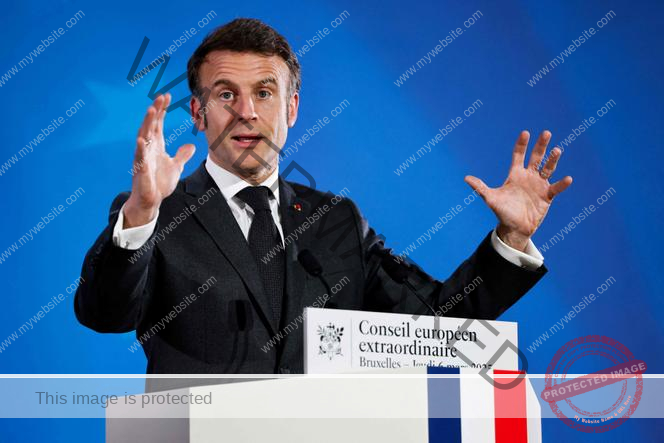


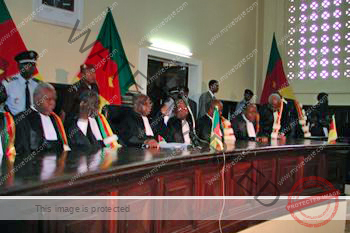
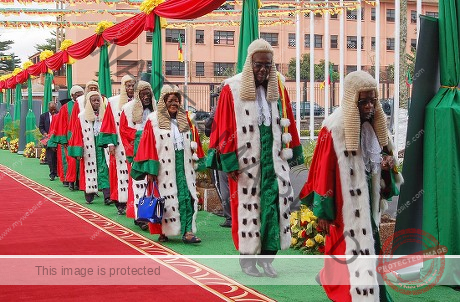
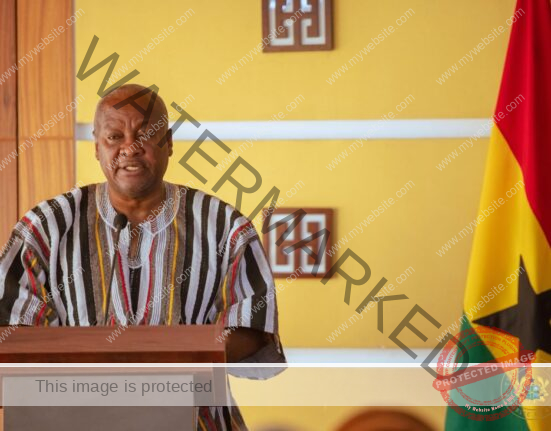
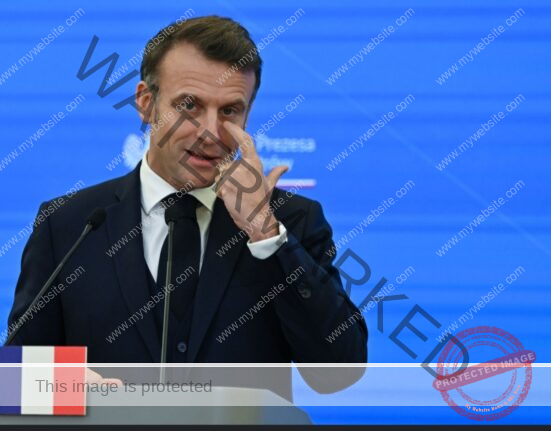

Leave feedback about this